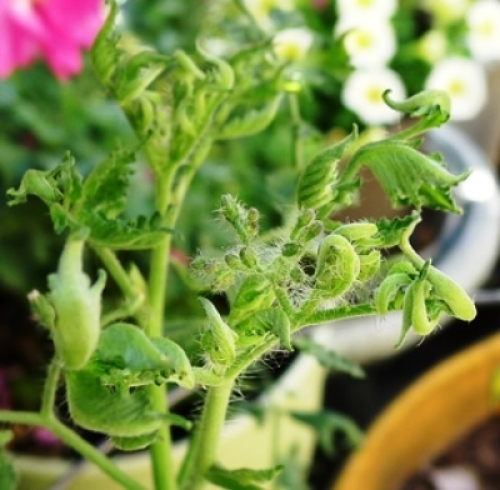
Whenever I advise vegetable gardeners to use dried grass clippings as mulch in their vegetable gardens, I always make sure to add the word “untreated” to the advice. Untreated grass clippings are from lawns that haven’t been treated with any synthetic chemical weed killer.
The reason to avoid using treated grass clippings as mulch is that herbicides can carry over into the vegetable garden and affect fruits, vegetables and herbs.
The problem isn’t limited to grass clippings, either. Straw and animal manure can also cause weed killer to be transferred to vegetable beds.
I learned this firsthand last season when I used well-aged horse manure from a boarding stable to fertilize my garden. It didn’t take long for me to see new growth on my tomato plants was twisted and malformed. Herbicide carryover from horse manure occurs when horses eat from weed-treated pastures.
Weed killer can affect vegetable crops because the products used to kill broadleaf weeds remain active in plants. Water helps herbicides leach into the soil and plants take up the weed killer. Tomatoes and members of the tomato family are especially susceptible to herbicide carryover.
To protect your vegetable garden from a similar problem, always know the source of any grass clippings, hay, straw or animal manure you plan to use in your garden. Avoid any that may have been treated with weed killer.
Other tips for avoiding herbicide carryover in your vegetable garden:
- Don’t use broadleaf weed killer on your lawn if you plan to use the grass clippings as mulch.
- Avoid fertilizing with animal manure unless you know the animals haven’t eaten from herbicide-treated pastures or crops.
- Use straw or hay that come from farms that use only organic methods to control weeds.
- Apply organic fertilizers specifically meant for vegetable gardens.
- Mulch with other organic materials, like shredded paper or dried, crushed tree leaves.
Herbicide carryover takes time to work its way out of the soil. The best ways to treat the problem include adding home-made compost to build up the number of beneficial soil organisms, keep the soil evenly moist and use a slightly diluted organic liquid fertilizer weekly.
However, the smarter approach is to think about the possibility of herbicide carryover before adding anything as a soil amendment or mulch to your vegetable garden.





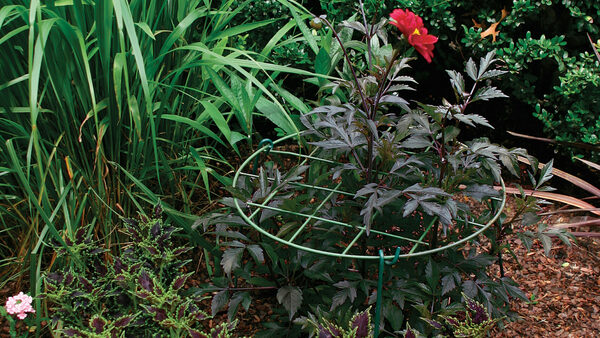
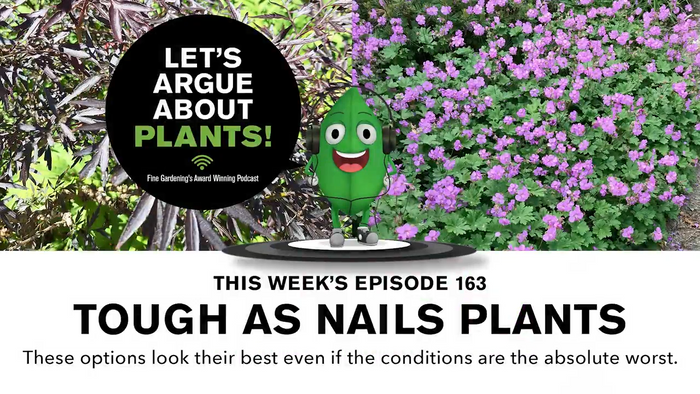
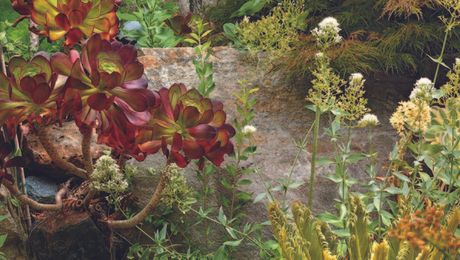
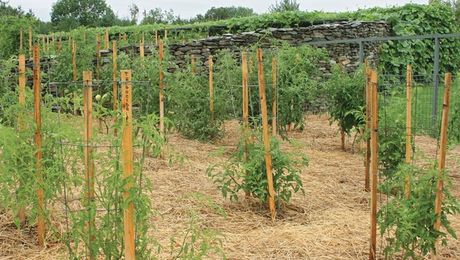









Comments
Log in or create an account to post a comment.
Sign up Log in